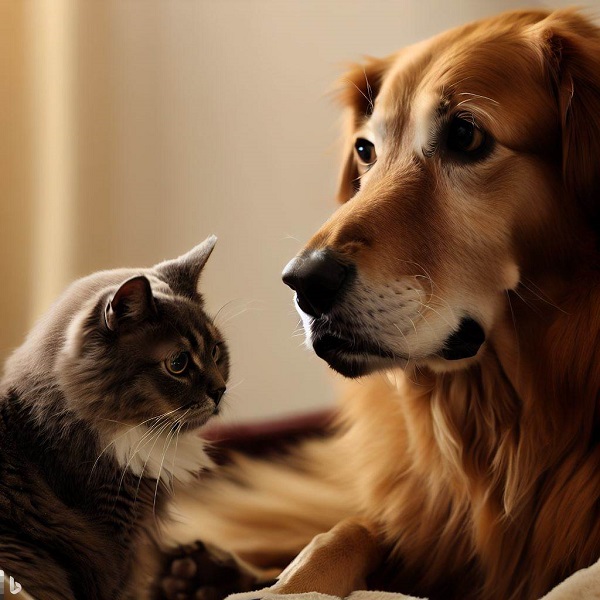

Does Pet Therapy Help Anxiety and Depression, Or Is It A Furry Placedbo?
May 2, 2023
If you love animals, you probably know how much comfort and joy they can bring you. Pets can provide unconditional love and companionship that can help you cope with stress, loneliness, and sadness. But did you know that pets can also be used as a form of therapy to improve your mental health? This is called pet therapy, and it is a growing field that offers many benefits for people who struggle with anxiety and depression.
But how does pet therapy work? Is it just a way of cuddling with cute animals and pretending that everything is fine? Or is there more to it? In this article, we'll explore the science behind pet therapy, the positive aspects of pet therapy, and the best therapy pets for depression. Spoiler alert: it's not snakes.
What is Pet Therapy?
Pet therapy is a guided interaction between a person and a trained animal, usually a dog or a cat, but sometimes other animals like cat, horses, or guinea pigs. The purpose of pet therapy is to help someone recover from or cope with a mental health problem or disorder. The animal's handler, who can be a therapist, a volunteer, or the owner, is also involved in the session.
Pet therapy is structured and goal-oriented, and involves specific activities that are tailored to the person's needs. The activities may involve petting, grooming, playing, walking, or feeding the animal.
How Can Pet Therapy Help with Anxiety?
Petting an animal can reduce stress hormones like cortisol and adrenaline, and increase your feel-good hormones like oxytocin and endorphins. These hormones will lower your blood pressure, heart rate, and breathing rate, and make you feel more relaxed and calm.
Secondly, pet therapy can provide comfort and emotional support. Animals are non-judgmental and accepting, which helps people to relax and form a connection. Also, animals can distract you from your worries and negative thoughts, and make you focus on the present moment.
Thirdly, pet therapy can improve your social skills and confidence. Animals can act as ice-breakers and conversation starters, and help you connect with other people who share your interest in animals. They can also boost your self-esteem by giving you positive feedback and unconditional love.
What are the Best Therapy Pets for Depression?
There is no definitive answer to what are the best therapy pets for depression, as different animals may suit different people depending on their personality and preferences. However, some general considerations are:
• Temperament: The best therapy pets for depression are usually calm, friendly, and obedient. They should not be aggressive, fearful, or unpredictable.
• Animal's size: The best therapy pets for depression are usually small to medium-sized, as they are easier to handle and transport and allow people to interact with them comfortably.
• Animal's availability: The best therapy pets for depression are usually readily available and accessible.
Some examples of animals that may meet these criteria are dogs (including Labrador Retrievers or Golden Retrievers), cats (including Siamese), rabbits (such as lop-eared or dwarf), hamsters, guinea pigs, and birds.
And remember: pet therapy is not just a furry placebo. It is a proven way of improving your mental health with the help of some adorable animal friends. Pet therapy offers many benefits, such as reducing stress, improving mood, enhancing social skills, and providing comfort and support. Pet therapy can be a wonderful complement to other forms of treatment for anxiety and depression, such as talk therapy, but it is not a substitute for them. If you are interested in pet therapy, talk to your doctor or therapist about whether it is suitable for you and how to find a reputable program near you.
Tags
Pet therapy anxiety and depression furry placebo mental health benefits guided interaction Pets
Powered By Dixon Concepts
Google Cloud NodeJS HTML CSS